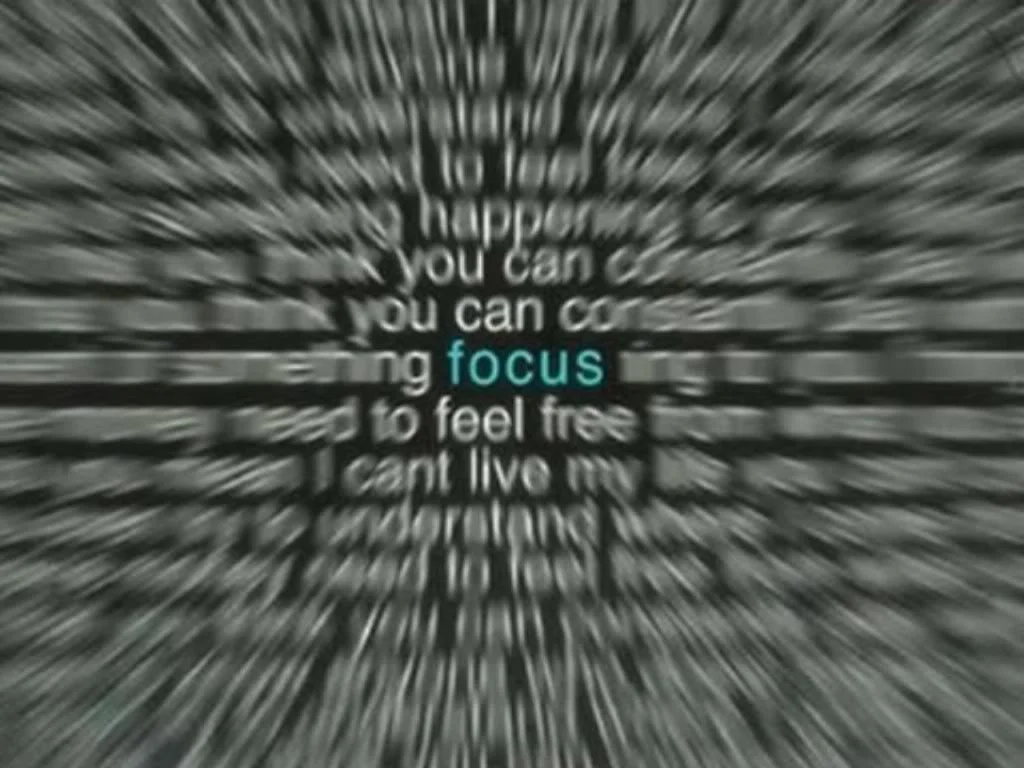It is sometimes hard to stay focussed across our day, more so if you work in an open plan office. The distractions are numerous - talking, emails, phone calls, traffic, social media - so many to list. Conversely, if you work in a job that has no distractions, it is highly likely that your mind will wander off to other things. If you have a dangerous job, staying focussed is important.
So which is more dangerous from a health and safety perspective? Psychologically, working in an office. Physically and psychologically, working in a dangerous job with no distractions. Why, because when we let our minds wander off we are not focussing on the work at hand therefore prone to accidents. Moreover, if we let our mind wander it will tend to find negative things to keep itself busy.
Staying focussed in an office is not always easy, these tips might help;
Turn off email alerts and check them once every hour.
Prioritise the important tasks first while you are still fresh.
Wear noise cancelling headphones, with or without music.
After each call/email/task, look away from your computer to the furthest point that you can see, just for a few seconds.
Have a short break every 50 minutes.
Stretch every time that you stand up from your desk.
Drink plenty of water.
Staying focussed in a dangerous job where there are no distractions is a little more difficult, try these tips to train your brain to remain focussed;
Start you day the way you want it to run - if you are running late for work, you will run late all day. Get up earlier than you think that you need to.
Make it a ritual, not a routine - have set patterns that focus your mind in a similar way that pilots do before every flight.
Hold a briefing - not just at the beginning of the day or after every break, have a quick discussion every hour.
Keep it clean - continually clean your work space and the equipment you use, this will provide you with a short break and mitigate risk.
Look around you - situational awareness is about looking for danger before things happen. What is it that could go wrong and what can you do to avoid it?
Look after your mates - every so often, look around you to see how your mates are going, are they in any danger?
Commit yourself to the task - focus on that one single thing and concentrate fully on it. As your mind wanders, bring it back to what you are doing.
Change it up - don't change your job, change the way that you do your job. Bring variety into your day, this will change unconscious competence to conscious competence.
Recall your 'why' - why are you doing this task and what is your goal? This will give you a shot of dopamine and help you to focus.
Hold a debrief - after each hour and at the end of the day, ask yourself - "What did I do well, what could I have done better?"
Health and safety is important, the most important part is maintaining focus. Safety measures are helpful, however the best safety practice is to stay in the game, head first.
Let's talk!

